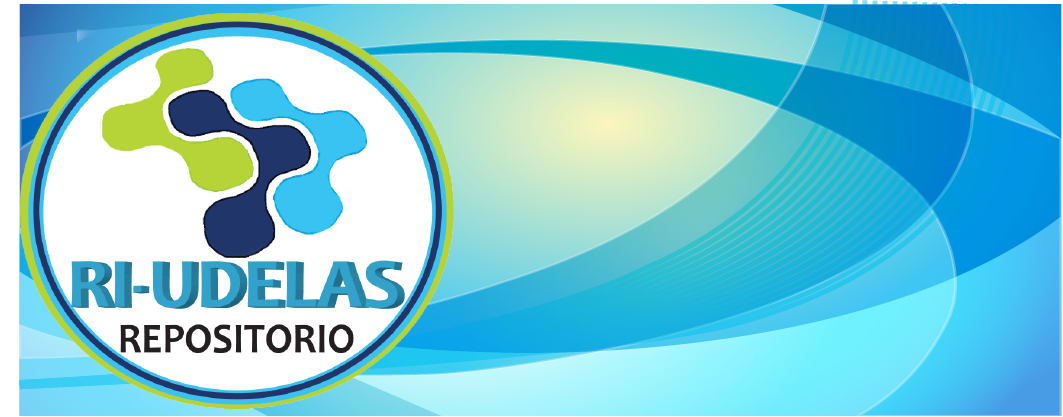| dc.description.abstract | Technology has modified all aspects of the lives of individuals, making it more comfortable, this is a
great achievement of humanity, but it has also made us dependent beings. The use of electronic platforms,
social networks, applications (App), artificial intelligence, virtual assistants, among others, represent
unimaginable achievements just 50 years ago. Daily life requires a smartphone, since we are not able to
orient ourselves geographically, remember a phone number, or any information that is needed since it is
easy to take a photo, carry the schedule of activities, financial services through banking online, have the
Covid-19 vaccination record, or check food options at a food service, because a QR reader is required. In
addition to the daily technological dependence, we find the attitudes and emotional dependence in which
preferences, tastes, photographs, music, virtual approach to family and friends, and much more, become
an essential support, especially in the young generations. With this framework, the aim is to evaluate the
psychosocial impact of virtual networks on university students in the Republic of Panama. For this, a
measurement instrument was designed that was applied remotely through Google form ©.
The Likert-type format allowed inferential statistical analyzes to guarantee the discrimination index of the
items, the reliability of the instrument through Cronbach's Alpha, as well as the construct validity with the
factorial analysis using the SPSS 24 © software.
The results reveal that university students have a positive attitude towards virtual networks, which
represent psychological and social support, which allows users an emotional protection that they use as a
defense against the uncertainty of the day to day and about the near future. Thus, the psychosocial impact
of virtual networks encourages emotional containment, in addition, they become social support when
links are established with small close groups, regardless of their membership in extended groups. Another
finding shows that not all the impact of virtual networks is positive, for example, it was discovered that
sleep patterns are not healthy, in addition, the information they receive at night can generate anxiety,
anguish and stress. | en_US |


